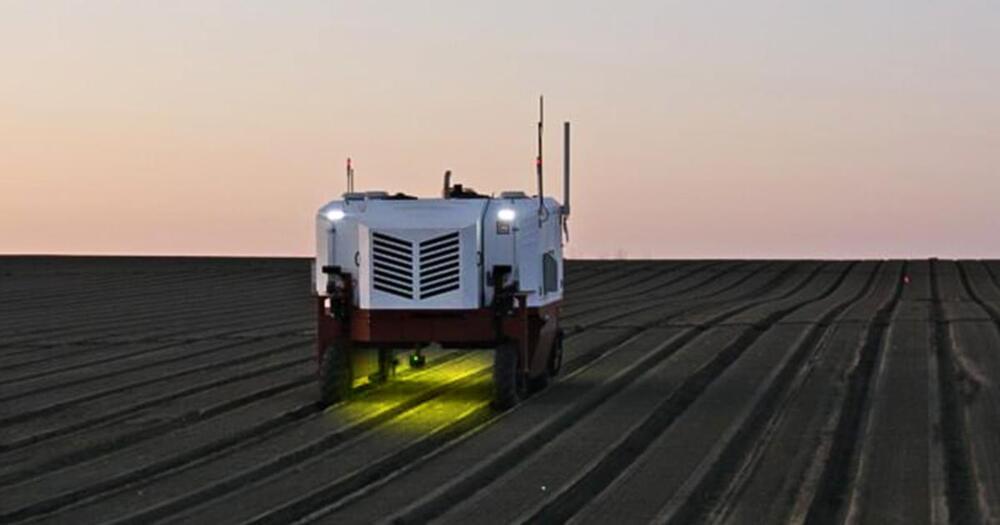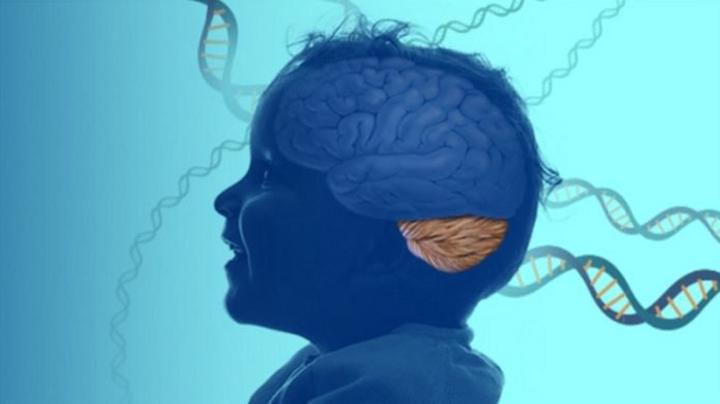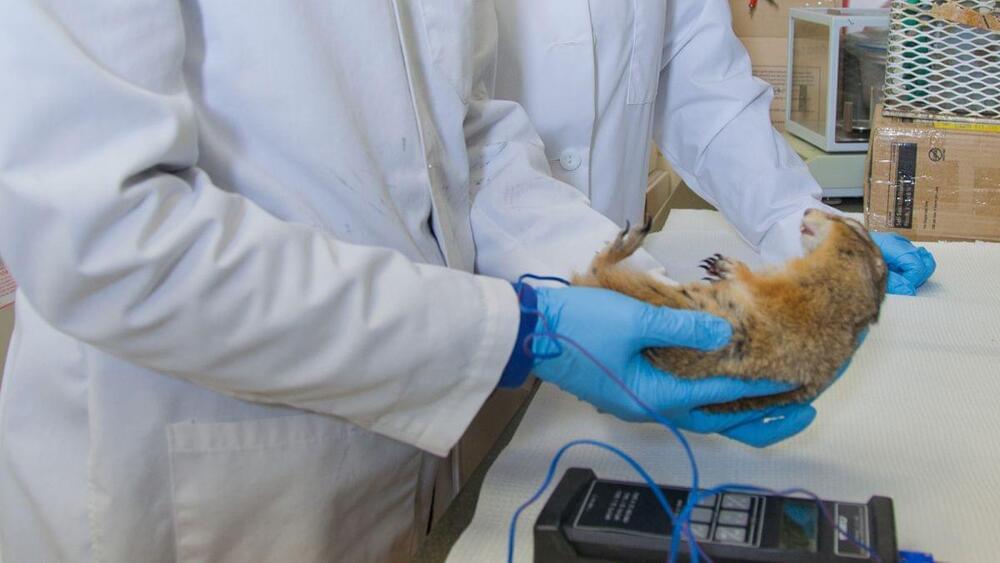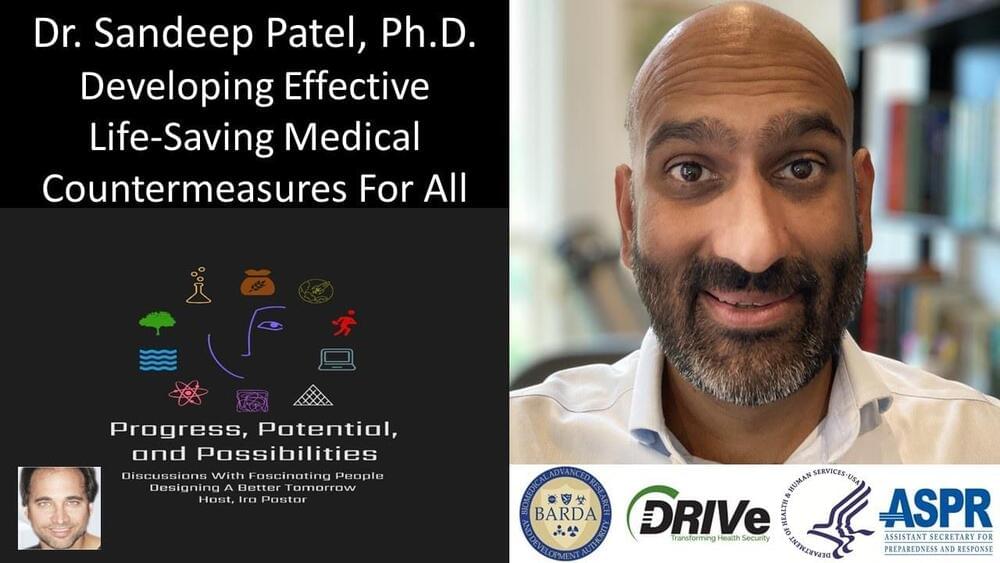Feb 13, 2023
Compound in Mushrooms Discovered To Magnify Memory
Posted by Quinn Sena in categories: biotech/medical, food, health, neuroscience
Researchers from The University of Queensland have discovered the active compound from an edible mushroom that boosts nerve growth and enhances memory.
Professor Frederic Meunier from the Queensland Brain Institute said the team had identified new active compounds from the mushroom, Hericium erinaceus. This type of edible mushroom, commonly known as the Lion’s Mane Mushroom, is native to North America, Europe, and Asia. It is commonly sought after for its unique flavor and texture, and it is also used in traditional Chinese medicine to boost the immune system and improve digestive health.
Researchers have discovered lion’s mane mushrooms improve brain cell growth and memory in pre-clinical trials.

















